Author: Fred Kennedy
-
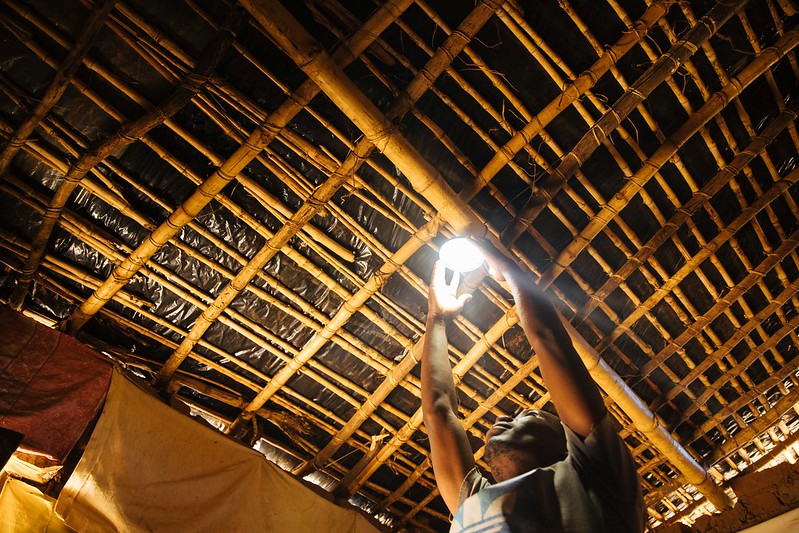
Acumen Secures $20 Million Boost from BII to Expand Energy Access in Africa’s Hardest-to-Reach Communities
Acumen has received a major financial injection for its Hardest-to-Reach (H2R) initiative after British International Investment (BII) committed $20 million to the programme.
-

Ghana’s Sahara Impact Ventures Backs Agriarche to Transform Nigeria’s Agricultural Value Chains
Accra-based impact fund Sahara Impact Ventures has disclosed a new investment in Agriarche, a Nigerian agtech startup targeting post-harvest inefficiencies that suppress farmers’ revenue and sustainability.
-
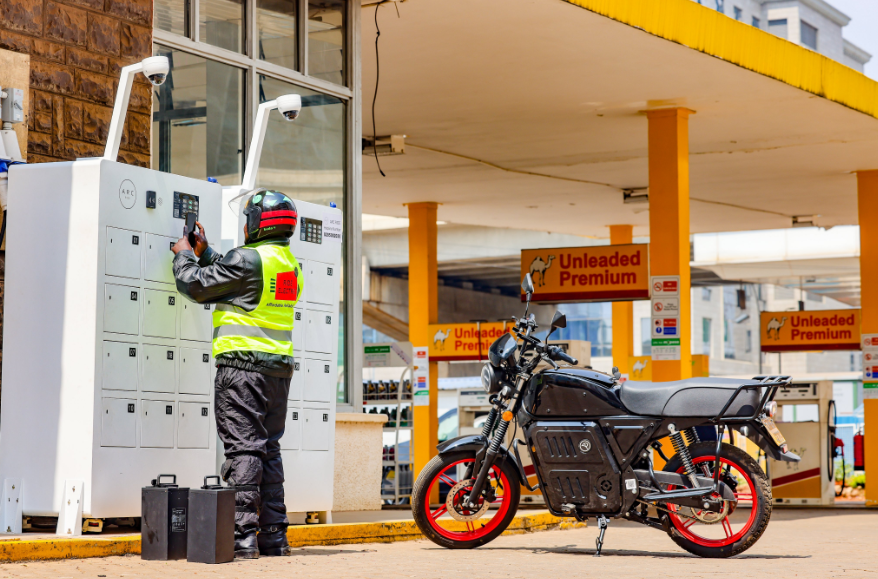
Mirova to Invest $10 Million in Debt Financing to Kenya’s ARC Ride in First EV Deal in Sub-Saharan Africa
French sustainable investment manager Mirova, an affiliate of Natixis Investment Managers, has announced a commitment of up to $10 million in senior secured debt to ARC Ride, an electric mobility company headquartered in Nairobi.
-
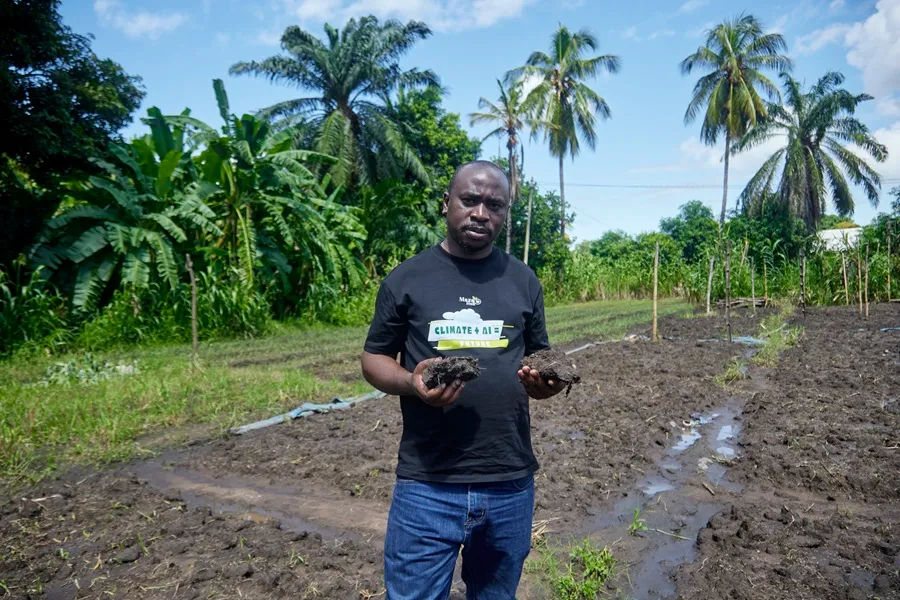
Tanzania’s MazaoHub Raises $2 Million to Expand AI-Powered Climate-Smart Farming in Africa
Tanzanian agritech startup MazaoHub has secured US$2 million in an oversubscribed pre-seed round to accelerate its mission of transforming smallholder farming through a blend of artificial intelligence and hands-on agronomy.
-
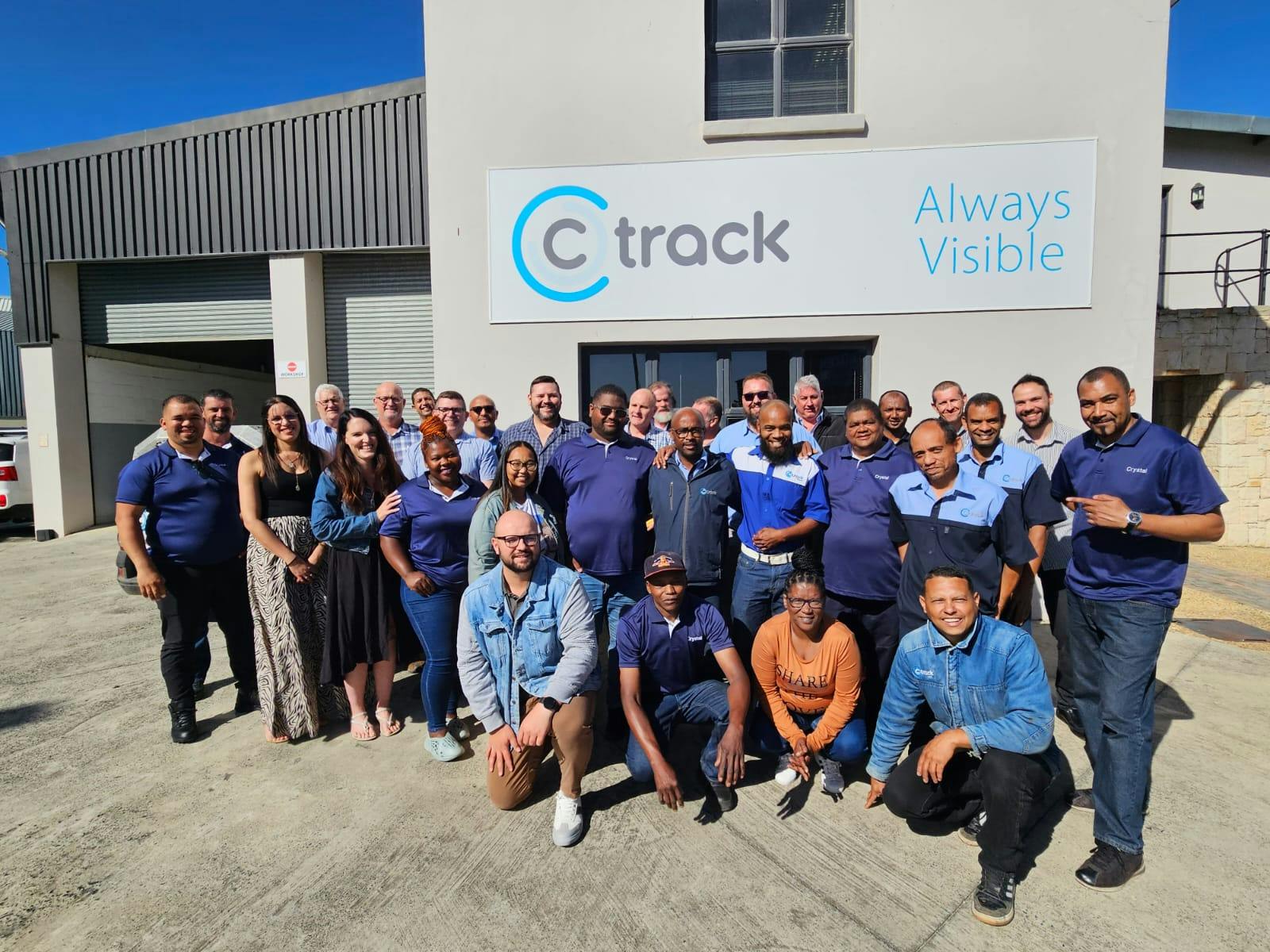
Sanari Capital, 27four Invest $23.4m in Global Telematics and Fleet Management Firm Ctrack
South African private equity firm Sanari Capital has invested $14.4 million in telematics and fleet management company Ctrack, joined by $9 million from long-time partner 27four Investment Managers.
-
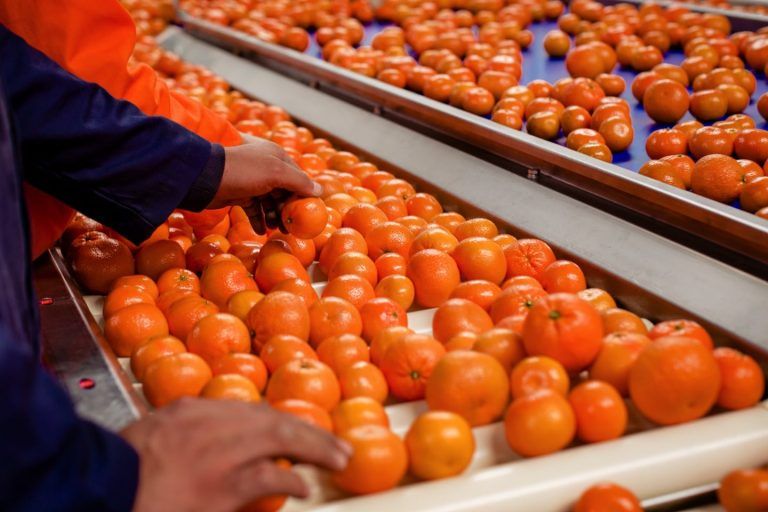
Amethis Invests in Morocco’s BH Holding to Expand Fruit Export Operations
Amethis, through its pan-African Amethis Fund III, has taken a minority stake in BH Holding, a Moroccan agribusiness group specializing in the packing and export of premium fruits.
-
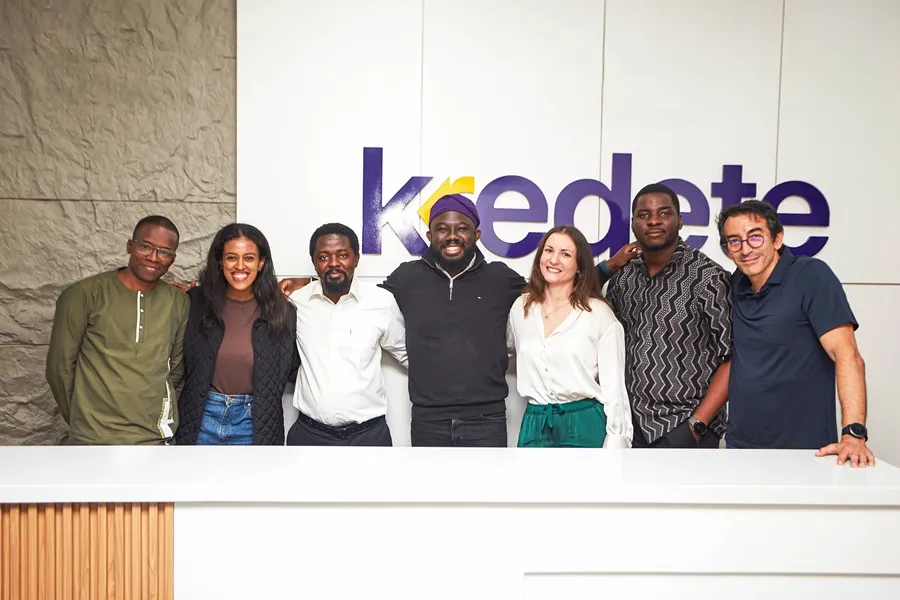
Kredete Raises $22 Million Series A to Boost Credit Infrastructure for African Immigrants
Kredete, a fast-rising fintech founded just two years ago, has raised $22 million in Series A funding to accelerate its global expansion and deepen its credit-building infrastructure for African immigrants.
-
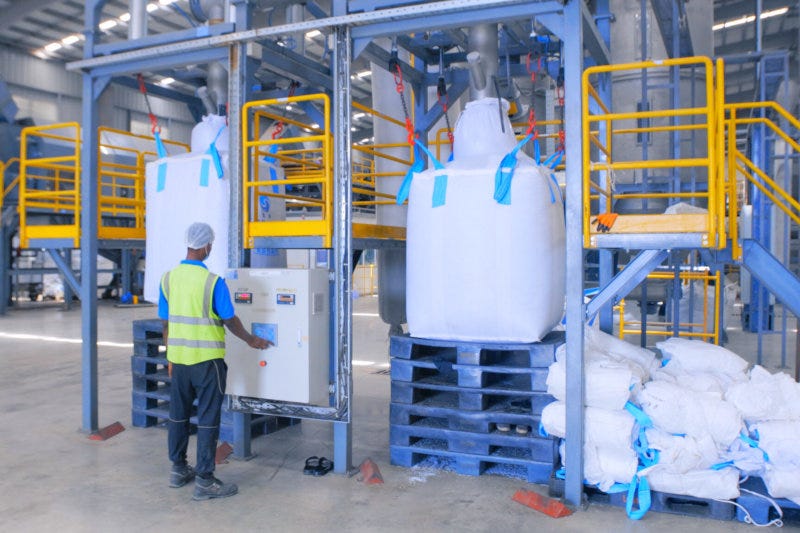
Norfund Backs Mohinani Group to Scale PET Recycling in Ghana and Nigeria
Norwegian development financier Norfund has approved a loan to the Mohinani Group to strengthen its recycled polyethylene terephthalate (rPET) operations in Ghana and Nigeria, in a move designed to scale up sustainable packaging solutions across the region.
-
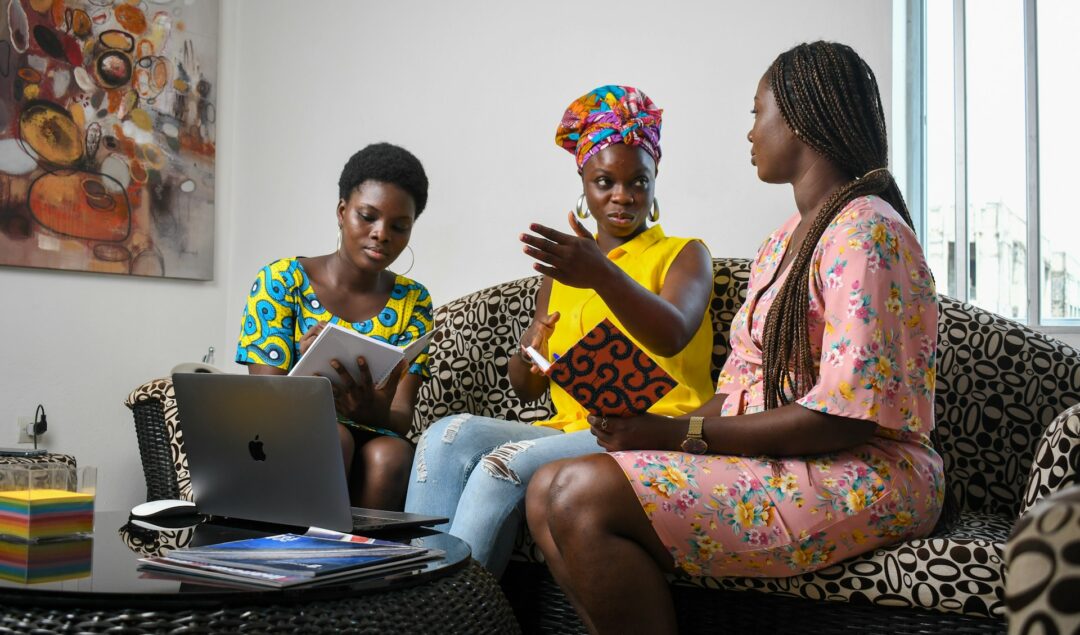
Alami Capital Unveils The LaunchPad to Transform Funding for Women Entrepreneurs in Africa
Alami Capital has taken a bold step toward rewriting the future of women in business with the launch of The LaunchPad, a new venture-building platform unveiled at GITEX Nigeria in Lagos.